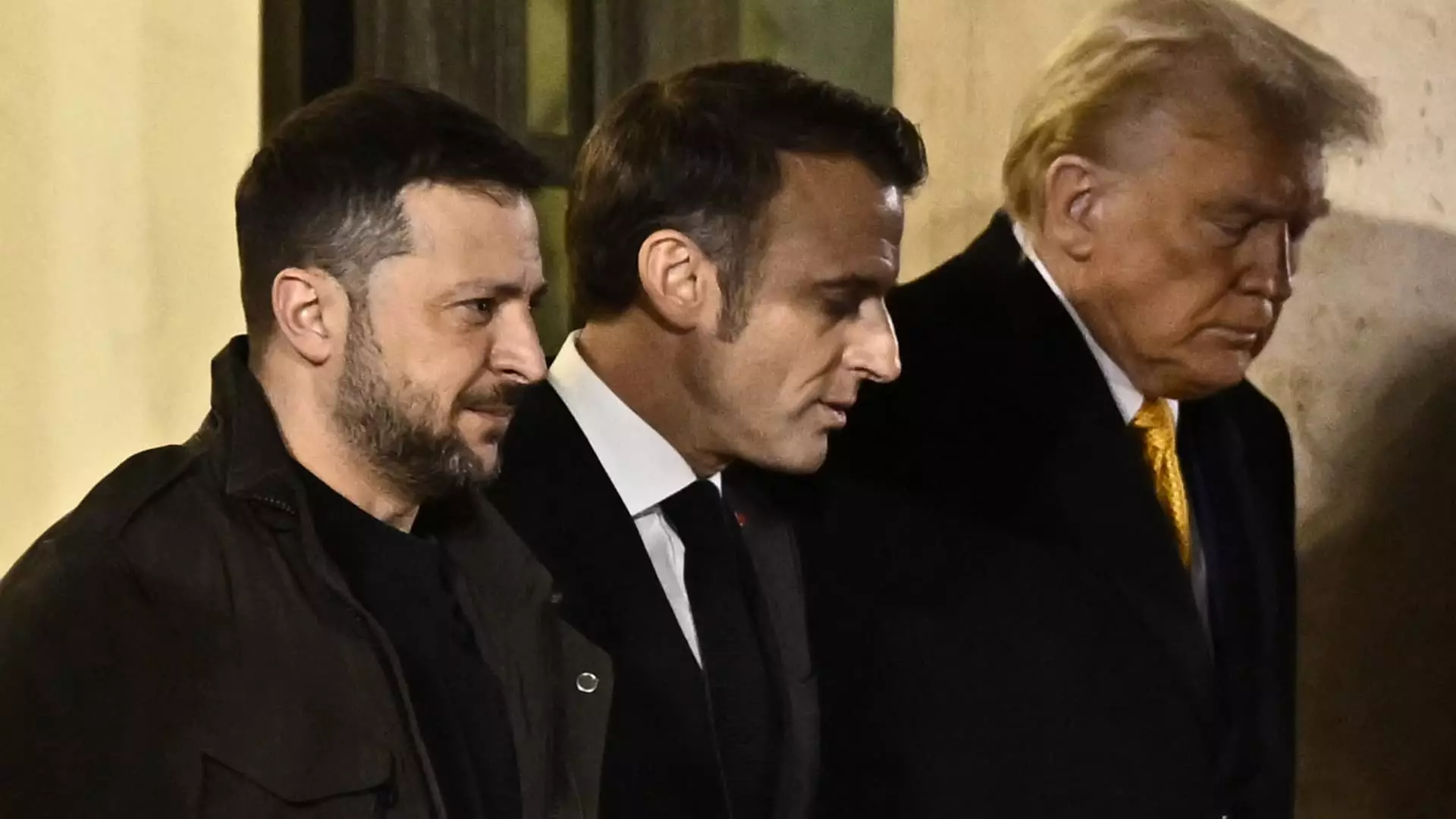The ongoing conflict between Russia and Ukraine has stirred significant global attention and intervention, with the U.S. recently taking a prominent role in initiating peace discussions. Amid fears of European sidelining in these high-stakes talks, European leaders have convened an emergency summit to reassert their influence and underline the necessity of their involvement in resolving the ongoing crisis.
Recent developments leading to a peace dialogue in Saudi Arabia have cast a shadow over European participation in the negotiations. In remarks made at the Munich Security Conference, U.S. officials suggested that Europe might not secure a significant presence at the negotiations, leading to widespread concern about a lack of European voice in matters deeply affecting the continent. French President Emmanuel Macron swiftly organized a summit in Paris to address these worries as leaders from various nations convened, seeking a collective strategy for engaging with the evolving dynamics of the peace talks.
Ukrainian President Volodymyr Zelenskyy has communicated his discontent regarding the prospect of negotiations being held without direct Ukrainian participation. Zelenskyy’s assertion that “any negotiations on Ukraine without Ukraine as a participant will yield no fruitful outcome” articulates a fundamental principle — that the keys to a viable resolution lie not just in the dialogue itself but in the inclusion of the nation most affected by the war.
The Diplomatic Landscape: A Tug-of-War for Influence
As the U.S. steps forward, led by figures such as Marco Rubio, their approach appears to exclude crucial European stakeholders from the negotiation process. U.S. Special Presidential Envoy Keith Kellogg emphasized the challenges of engaging a large coalition of countries, indicating a preference for more controlled discussions that reportedly prioritize U.S. and Russian interests. This exclusion of the EU and the U.K. raises vital questions about the legitimacy and durability of any agreements reached without broader consensus among all key parties.
Russia’s Foreign Minister Sergei Lavrov has further complicated matters by questioning the expected role of European nations in the discussions, adding to the uncertainty around the framework of the negotiations. The discourse suggests an environment where European potential contributions are being downplayed, prompting European leaders to assert their significance at such crucial junctures.
In a bid to ensure their needs are articulated, the U.S. has requested European allies to provide input on military capabilities and the nature of security guarantees they are willing to supply to Ukraine. This move reflects a strategic recalibration where European nations are being positioned as supporters rather than key architects of the peace process. The implications of this shift are significant, particularly when considering that long-term stability in the region is intertwined with Europeans’ commitment to the security of Ukraine.
European Commission President Ursula von der Leyen has echoed similar sentiments, emphasizing that the pathway to a lasting peace must incorporate the perspectives and commitments of both Ukrainians and Europeans. This statement encapsulates the frustration expressed by many European leaders, who recognize that any resolution lacking European engagement runs the risk of becoming ineffective or unenforceable.
The emergency summit represents a crucial gathering of leaders, including Germany’s Chancellor Olaf Scholz and Poland’s Prime Minister Donald Tusk. One of the focal points of the discussions is the recognition that a cohesive European stance is necessary not just to support Ukraine but also to uphold European security as a whole. The participation of U.K. Prime Minister Keir Starmer in these discussions signals an attempt to bridge the gap between Europe and the U.S. amid strained relations.
Starmer’s commitment to potential military involvement demonstrates a forthright intention to align British interests with those of the continent, highlighting a shared responsibility for regional safety measures. His declaration of readiness to ensure European security underscores a growing urgency for Europe to step up its defense expenditures and bolster its military readiness—a longstanding theme of President Trump’s administration.
As Europe navigates these tumultuous negotiations, the need for unity and clear communication among member states becomes paramount. The upcoming discussions indicate that the balance of power remains fluid, and the role of Europe is under examination. Engaging fully in the peace dialogue process is not only a matter of regional stability but a crucial mechanism for ensuring that Europe remains integral in shaping the future of Ukraine and countering Russian ambitions. Ultimately, the success of peace negotiations will hinge on the collaborative engagement of all parties, with Ukrainian and European participation as decisive components for a just and sustainable resolution.


Leave a Reply